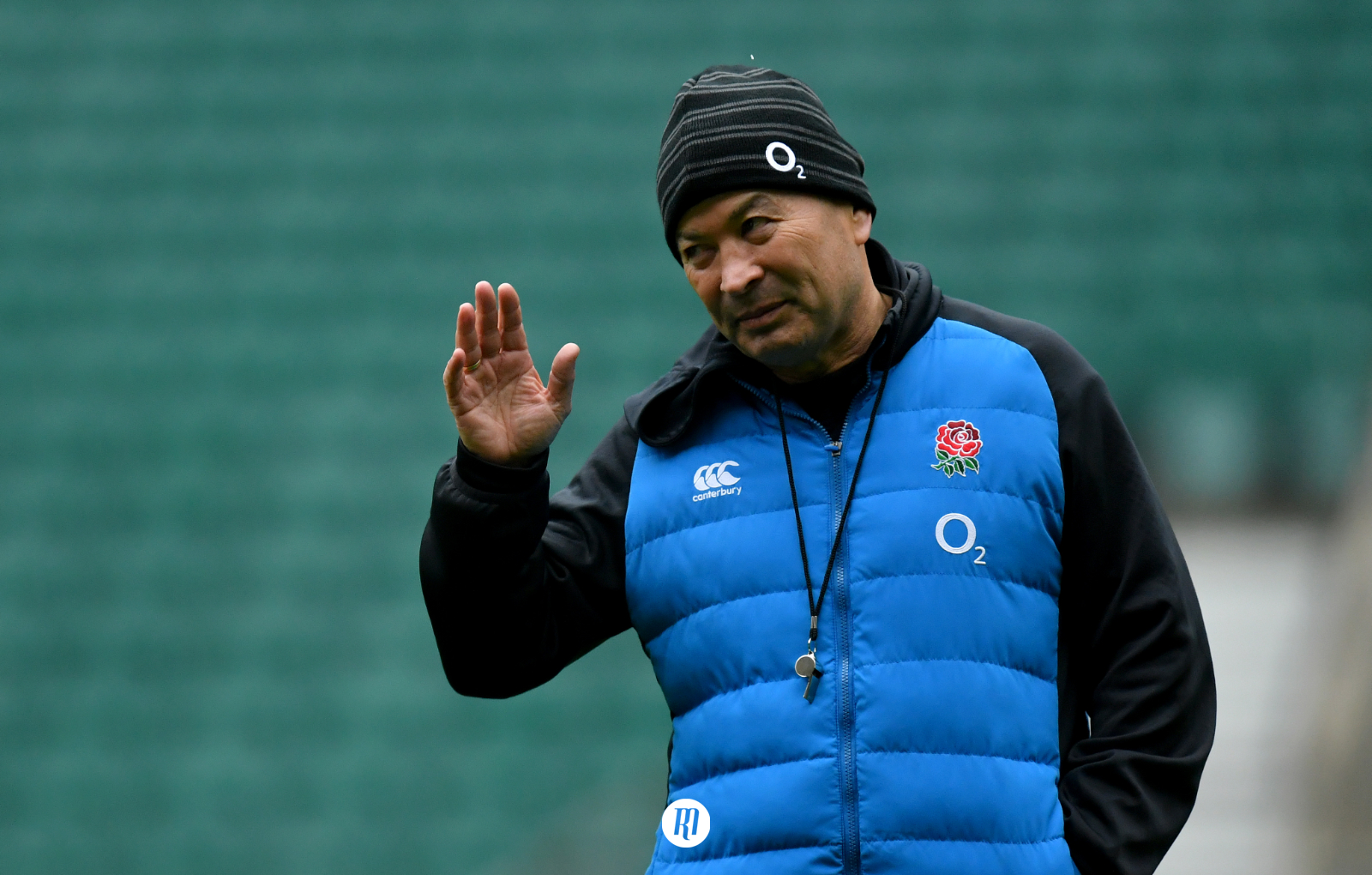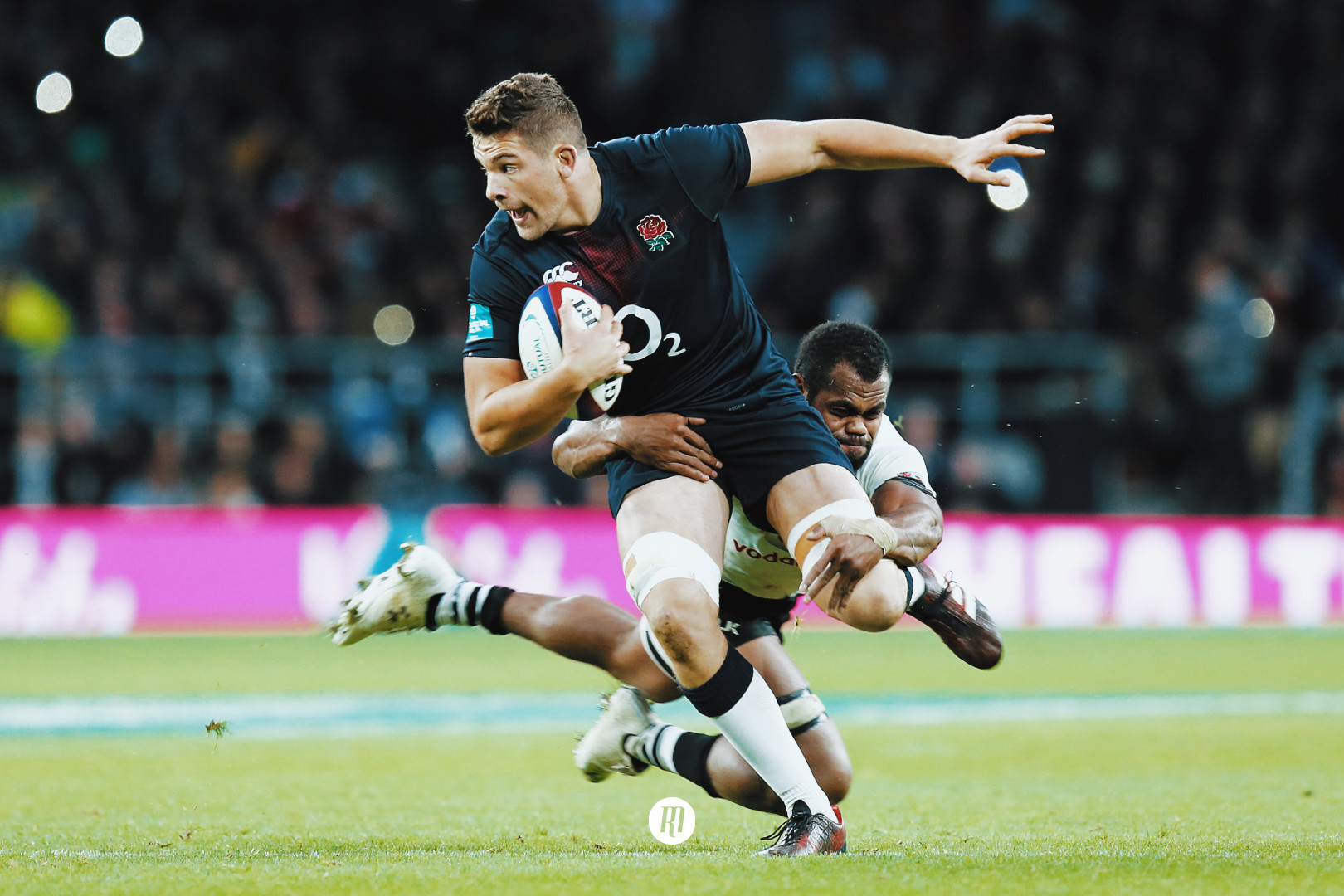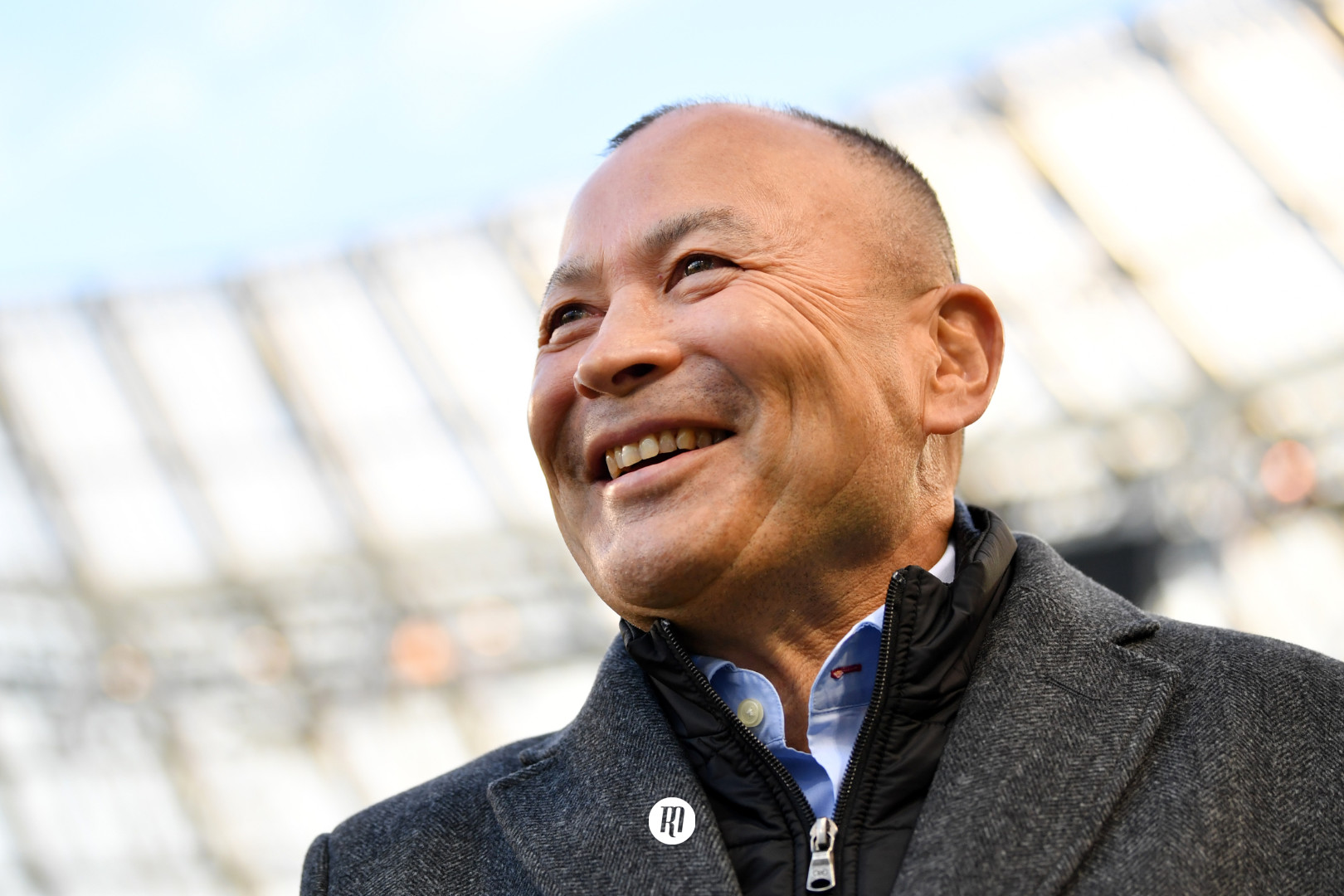A coach’s dilemma: playoff permutations
We are set to witness one of those curious moments in which a coach must deliberate over which playoff path he wishes his side to tread, and the ethical, moral and practical dilemmas that must ensue.
She is a curious mistress, the Rugby World Cup. Doomed to be dominated by the traditional rugby nations while occasionally brightening our day by offering up the odd dramatic upset to shake the world order. We’re nearing the end of the pool stage of the 2019 tournament in Japan, and we’ve enjoyed fierce bouts between heavyweight nations and David vs Goliath upsets alike. But now, the real business begins. The big boys are gearing up for the cutthroat knockout stages.
England, knocked out during the pool stages of their own World Cup four years ago, are guaranteed a place in the quarter-finals this year. Eddie Jones’s side overcame slippery conditions and concrete Tongan shoulders alike in the first round, found their groove against the perdurable ‘sleeping giants’ the USA in the second and ran a 14-man Argentina side flat in the third. Now, they face one of their nation’s oldest and most fierce rivals, the French. Or they will if Typhoon Hagibis is kind enough to veer off course or dissipate, anyway.
In a simplistic, linear world France’s poor form in their opening three pool games to date – aside from an impressive first 40 minutes against Argentina – should have England content in the knowledge that their recent performances present the assumption that they will be far too organised and powerful for a France outfit that shook throughout victories over Argentina, the USA and Tonga. This hypothetical victory would see England top their group and enjoy what is supposed to be an easier path through the semi-finals. However, in rugby, like any other walk of life, nothing is ever as easy as it should be. No decision is ever truly linear.
England face two separate paths through the knockout stages. Beat France and top pool C and England will clash with an out of sorts Australian outfit in the quarter-finals. A far more attractive proposition that facing the Welsh in the quarters, which is the likely scenario for England should they lose to France this weekend - again, assuming the typhoon does allow play to take place, otherwise a cancelled match would result in a draw and England topping the pool.
Immediately, playing an Australian team significantly weaker than the classic Wallaby teams of years gone by is infinitely more desirable than clashing with a Grand Slam-winning, confident Welsh outfit that seems to understand how to get under England’s skin in a way no one else can. But, the dark lining to the silver cloud of facing the Aussies over the Welsh is the knowledge that the path to the grand final would likely be blocked by the ominous, all-consuming shadow of the All Blacks in the semi-finals.
Steve Hansen’s two-time reigning champions have notched three William Webb Ellis trophies to their name, more than any other nation. They have been a different team ever since they fell out of the 2007 World Cup at the quarter-final stage, defeated by the French in the Millennium Stadium. A result that shook the Kiwis greater than perhaps any other in their decorated history. The All Blacks are no longer merely a side in possession of superior basic skills and box-office individual magic, but a steely mental fortitude. Even with the loss of their centurion quintet of Richie McCaw, Dan Carter, Ma’a Nonu, Keven Mealamu, Tony Woodcock and the silky smooth Conrad Smith after the 2015 tournament, New Zealand continued to win pretty much everything; or at least, with the 2017 Lions tour, they didn’t lose anything.
This most potent of rugby teams is what would theoretically stand between England and the final. The ultimate hurdle over which 80 minutes of extreme accuracy and determination could fuel a one-off result precise enough to topple reigning champs. A performance that would leave you much the worse for wear the following week. Play New Zealand in the semi-finals, and England’s odds on lifting the trophy are considerably shortened. Jones's side will have had been through up to two real battle-hardeningTests in the lead up to their biggest challenge under the current regime.
England know their power game is without equal when all of their stars are fit, but their consistency has been called into question. There is no doubt about it, England would rather face New Zealand when everything is on the line, with two tough playoff games to their backs and the ability to hurl everything and the kitchen sink at the steadfast black wall.
So, the England coaches have a decision to make. As Gareth Southgate’s English football team did at the 2018 summer World Cup in Russia, will Jones and co pick a weakened team in their final pool game in hopes of avoiding the most successful team in sporting history until absolutely necessary? It’s a dilemma in which more than morals are brought into question.
In the event that Jones does opt for the closest thing he can to a heavily rotated ‘weakened’ team, he will risk the nagging voice in the back of his head telling him that he is going against the values of the game around which his very his life has been built around, whilst simultaneously sending an unhealthy message to his playing squad.
“We’re scared of this team, lads, so we’re going to throw in the towel this weekend to shorten the odds.” Ok, so these aren’t the exact words Jones is likely to use, but he may as well if he opts to throw the game against France. This would see England face familiar foes Wales in the quarters and South Africa in the semis, teams they have healthy win/loss records against when compared to a paltry 18% ratio against New Zealand.
In fielding a weakened side against France and opting for this easier (statistically speaking) route to the final, Jones sends the type of message that he himself has spoken out against. In 2017, Italy exposed a loophole in the laws that allowed them to crowd the English scrum-half at each ruck; or non-ruck. By committing zero players to the breakdown after the initial tackle, no ruck was created, therefore avoiding the creation of an offside line. The Azzurri would then circle England scrum-half Danny Care and wait for him to throw the ball directly at or straight past them. Care looked like he was up a creek without a paddle.
In the fallout following England's eventual 36-15 win that day, Jones expressed his view that deploying such a tactic would have embedded the belief within the Italian team's minds that they are not good enough. That without clever exploitation of the laws, there would be no contest. Italy were always going to lose that game, but they gave England a headache and slashed the predicted losing margin. All the same, Jones made his point of view crystal clear.
If Jones does select in the furthest possible team he can from his first-choice 23, he’ll come into direct opposition of his own, supposed, beliefs.
There is also the risk of quashing any momentum in a convincing, theoretical, victory over France and then perhaps the Wallabies, while the argument that England will probably have to face the All Blacks if they want to win the World Cup anyway also holds some water. Perhaps there is hope that the French can pull out a 2007 special and push past both Australia and New Zealand on their way to a final, as they did after losing to Tonga during the pool stages of the 2011 World Cup in New Zealand.
It’s somewhat of a lose-lose situation for the Australian coach and his English charges. Lose, and sow the seed of doubt in the back of his players’ minds. Win and the All Blacks await in the semi-finals. One would imagine that the best course of action in a business so heavily influenced by the psyche would be to go full boar from here on out, doing your utmost to arrive at the Kiwi-shaped semi-final in high spirits and ready to defy the odds.
But, as Jones remaked after the Argentina game that the team to face the French was unlikely to be the same as the team he fielded that day, which many believe to be England at full strength, and the claims this week that injury and illness have hampered player availability, there's a very real chance that Jones is set to imitate his footballing counterpart and field a much-rotated side this weekend, weather permitting.

Filed under:
International, Rugby World Cup, England, New Zealand
Written by: Alistair Stokes
Follow: @alistokesrugby · @therugbymag




